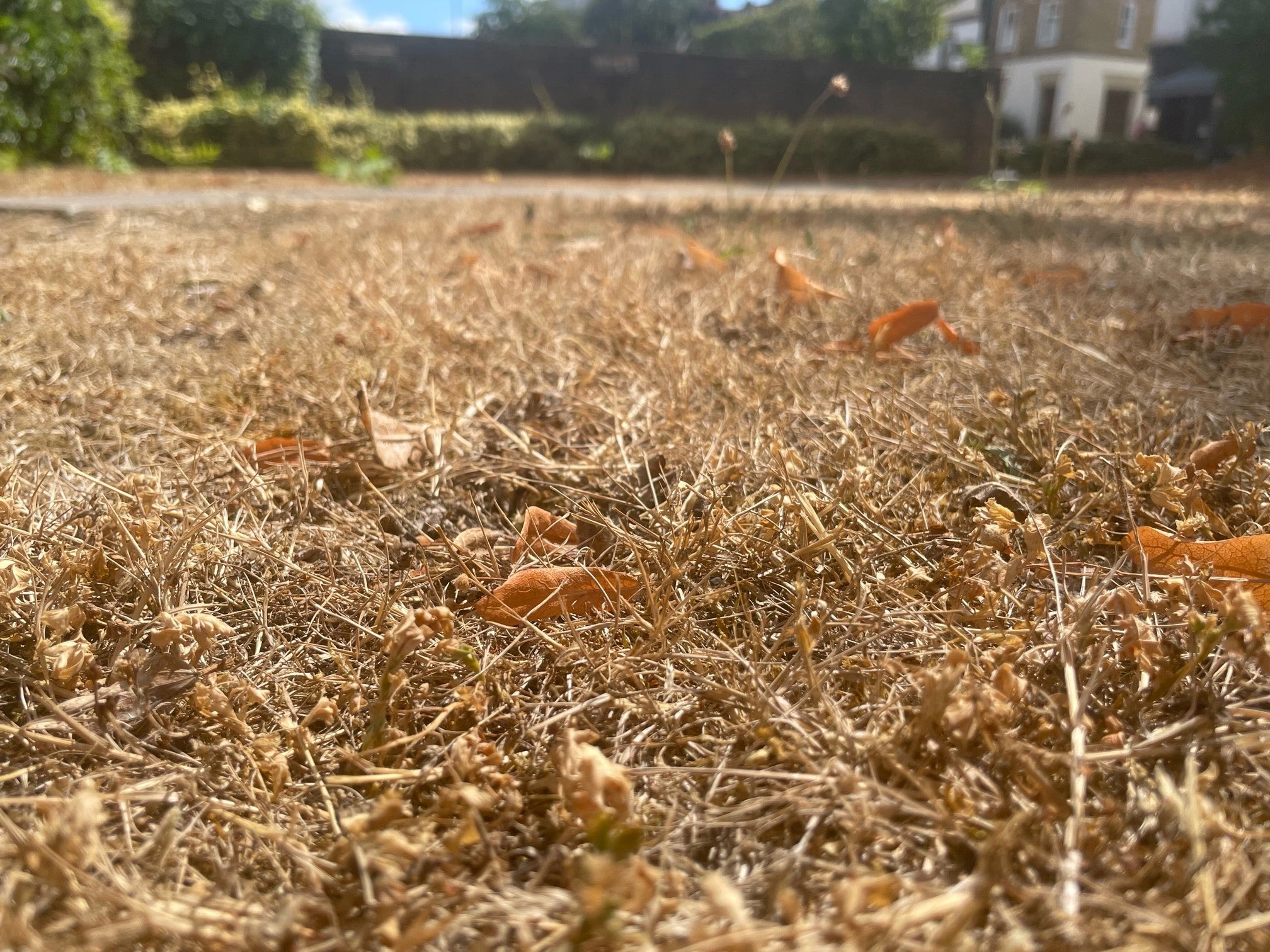Experts: Which plants to save and which to spare as gardeners ponder water use
Gardening gurus explain where water should be prioritised as restrictions come into force – and it is not the front lawn.

Your support helps us to tell the story
From reproductive rights to climate change to Big Tech, The Independent is on the ground when the story is developing. Whether it's investigating the financials of Elon Musk's pro-Trump PAC or producing our latest documentary, 'The A Word', which shines a light on the American women fighting for reproductive rights, we know how important it is to parse out the facts from the messaging.
At such a critical moment in US history, we need reporters on the ground. Your donation allows us to keep sending journalists to speak to both sides of the story.
The Independent is trusted by Americans across the entire political spectrum. And unlike many other quality news outlets, we choose not to lock Americans out of our reporting and analysis with paywalls. We believe quality journalism should be available to everyone, paid for by those who can afford it.
Your support makes all the difference.It is a conundrum facing many gardeners surveying their sun-scorched grounds as hosepipe bans come into force – which plants should get the water, and which will be left to fend for themselves?
Experts, though, have the answer.
And it is good news for newly planted flora.
Nikki Barker, senior horticultural adviser at the Royal Horticultural Society, said: “If you have anything planted this spring or in the last two years really, prioritise that.
“If you like, create a timeline and work backwards from the most recent, because anything newly planted will really need the water, whereas more established plants will not.
“If you have got established plants that have been in your garden for several years, they will last.”
The reason is simple – the more established the plant, the deeper its root will likely be, with the greater surface area to absorb moisture from the soil.
Mrs Barker, 54, from West Sussex, said anything planted for three years or more should have deep enough roots to recover from the recent hot spell, which has left gardens dry and lawns brown.
National Allotment Society president Phil Gomersall agreed. The 77-year-old from Leeds said: “What really needs the water is the young plants.
“I might sound a bit old school, but I water the young plants for the first two to three weeks then I let them fend for themselves.
“They can wilt during the day but they are back again by night time and it encourages root growth.
“So I don’t water the plants unless absolutely necessary.”
My potatoes are quite small this year - the dry spell does affect them, there’s no doubt about that
Mr Gomersall said his organisation strongly encouraged water conservation, and that his own site – Victory Garden Allotments in Leeds – was particularly cautious because they pay for every drop they use.
He said they find useful ways of harvesting as much rainwater as possible, but that the recent heatwave had inevitable consequences.
“My potatoes are quite small this year,” he said. “The dry spell does affect them, there’s no doubt about that.
“But there are means to harvesting the water.”
Mrs Barker also urged people not to “waste water” on their lawns.
“Don’t worry about the lawn,” she said. “Grass is very resilient, it will grow back, regardless of the size.
“If it looks brown and terrible, don’t worry – it will recover.”
She also encouraged people to re-use “grey water” such as soapy bathwater or washing-up water on hanging baskets and ornamental plants.
But she said to recycle the water immediately, not to use it if it contains bleach or disinfectant, and not to use it on edible plants, fruit or vegetables.